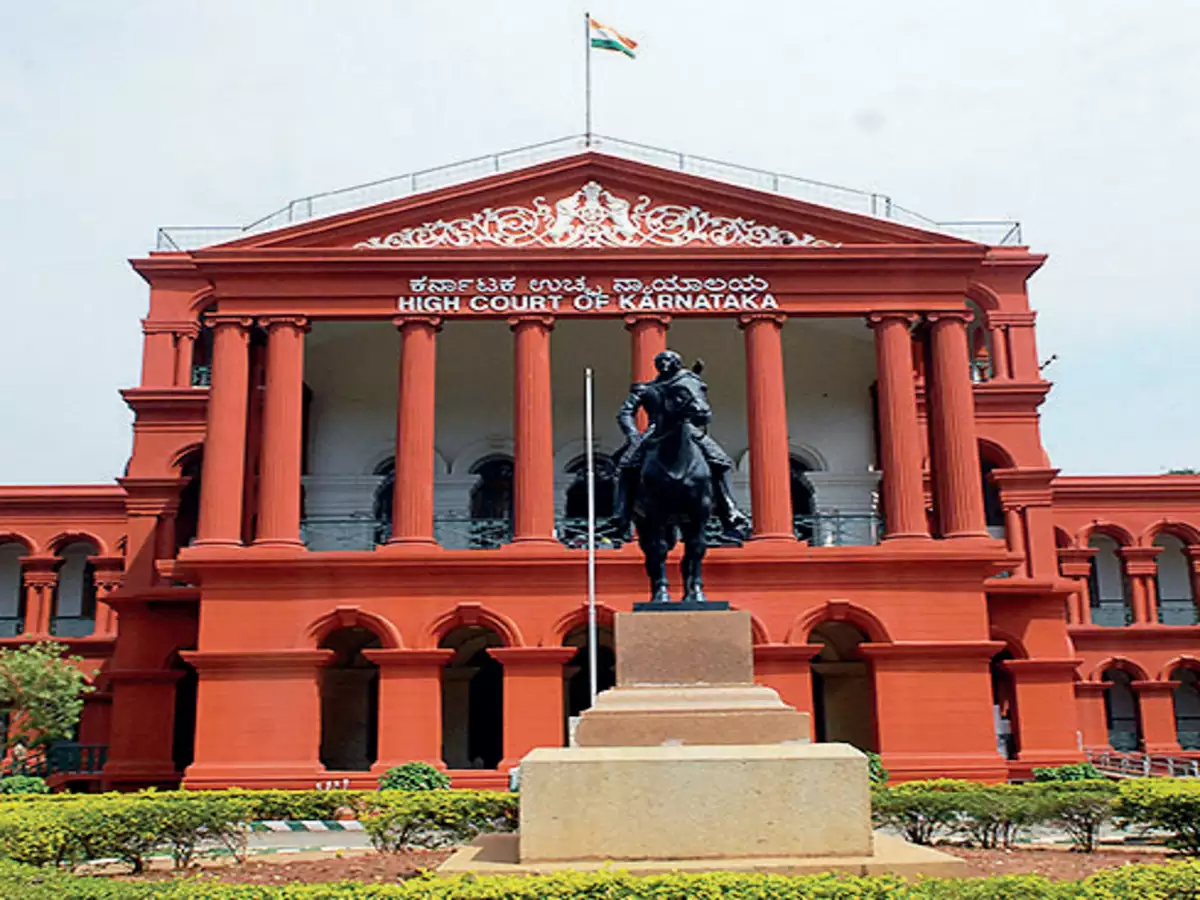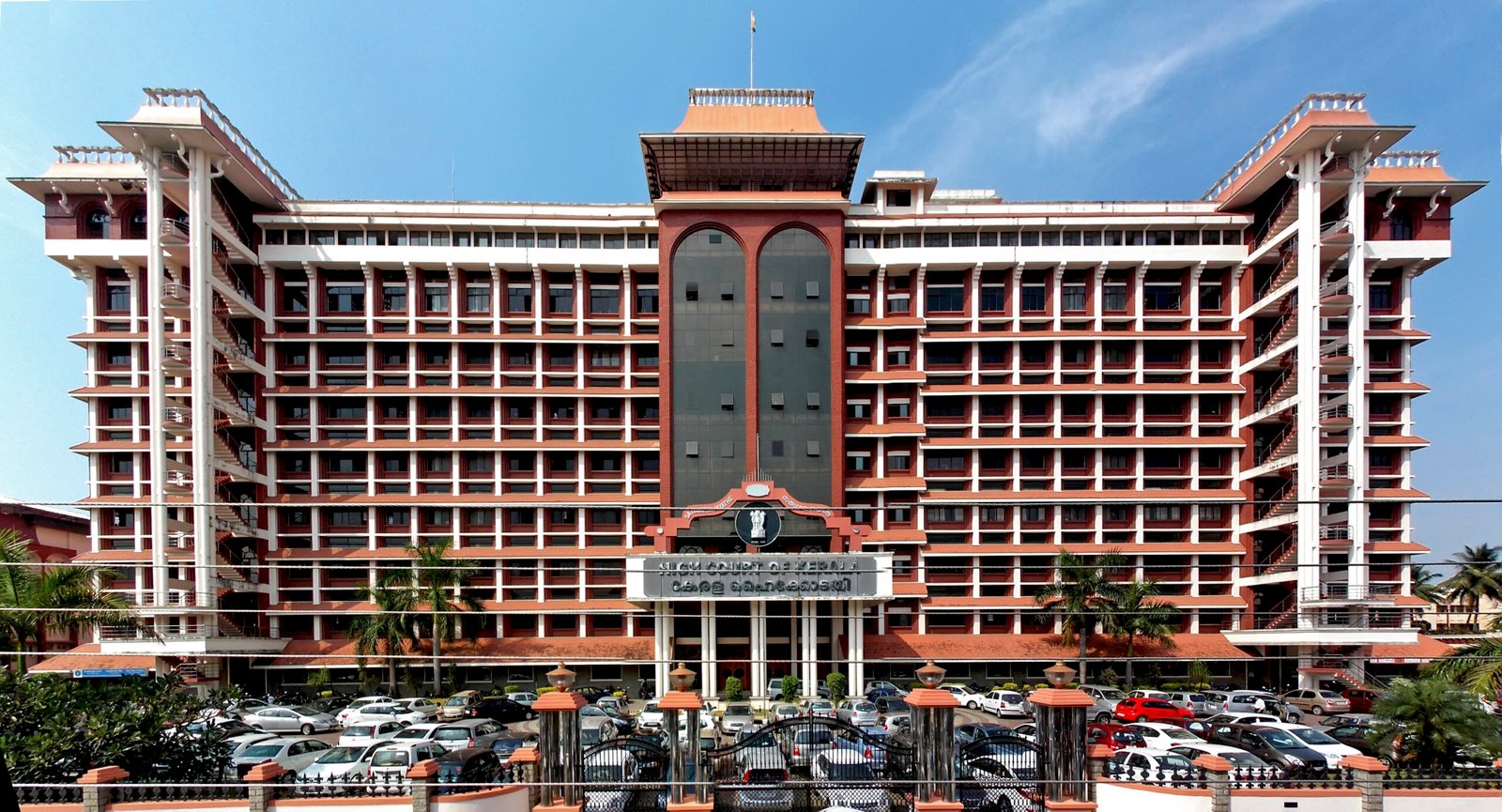On Tuesday, the Supreme Court issued an interim order prohibiting authorities from using bulldozers (commonly referred to as “bulldozer justice”) to dismantle the properties of individuals suspected of criminal activity without first obtaining the court’s approval.
The Court clarified that the order would not be applicable in instances where such actions are necessary to remove unauthorized construction.
This order will remain in effect until October 1, when the Court will resume hearing the matter, according to a Bench of Justices BR Gavai and KV Viswanathan.
The Court ordered, “Till next date there shall be no demolitions without seeking leave of this court. However such order would not be applicable for unauthorised constructions on public streets, footpaths, abutting railway lines, water bodies or public spaces.”
The Bench was hearing two petitions from the Court, which were seeking directions from the Central government and States to refrain from bulldozing the homes or shops of the accused in criminal proceedings as an extra-legal punitive measure.
The Supreme Court had previously expressed its disapproval of this trend during the previous hearing and announced that it would establish guidelines to address the issue of “bulldozer justice.”
It was particularly appreciative of the stance adopted by the State of Uttar Pradesh, which stipulated that demolition could only be conducted if a structure was illegal.
Despite the firm objections of Solicitor General of India (SG) Tushar Mehta, the order that was passed today was enacted.
Mehta contended that the Court is being influenced by a false narrative that these demolitions are unconstitutional and are being used to target only one religious community (Muslims).
“Give us instances, we will give answers on how it was not illegal demolitions. We have to demolish all outside narratives … Only because one community is building narrative through them. Let them bring one instance of illegality. Affected parties don’t come because they know it was illegal and they got notices, and they come in PIL,” he stated.
Senior Advocates CU Singh and MR Shamshad (representing petitioners) opposed the SG’s submissions, asserting that the demolitions are ongoing and the matter is of great importance.
The petitioners’ counsel requested that the Court defer the proceedings to a shorter date, despite SG Mehta’s request for an adjournment.
“We will say, till the next date of hearing no demolitions without leave of this court. We are not on one community … We are only on streamlining directions, so no one can misuse the law and indulge in any Constitutional infirmity,” Justice Viswanathan suggested.
The government has the option to submit a comprehensive affidavit that elucidates its arguments, according to Justice Gavai. He also emphasized that the executive branch of the government is unable to serve as a “judge” while administering bulldozer justice.
SG Mehta opposed any interim order that would restrict demolition activity, contending that the Court should not rely on the narratives presented by the petitioners.
“Till (October) 1st you can stay your hands?” Prior to the Bench’s adoption of its interim order, Justice Gavai inquired.
SG Mehta maintained that the interim order would impede the authorities from fulfilling their essential responsibilities.
“This is the magnitude. I cannot tell municipalities. I have nothing to say. Your lordships have prevented statutory authorities from exercising their rights!” he said.
It is important to note that a different bench of the Supreme Court recently clarified that bulldozers are not permitted to violate the law.



